Social media is an effective tool for quickly sharing information with customers and communicating with employees. However, there can be missteps, and it is important to decide upfront how you will handle such communication on the part of your employees.
Employees are online in multiple ways:
- Blogs: Employees may create blogs to document what is going on in their lives and share their opinions. Since a significant amount of time is spent in the workplace, and people write about what they do, there is an increased potential for information about work to appear on blogs. For example, employees may disclose confidential business information, talk negatively of other employees or the company, and display an interest that conflicts with your business policies.
- Posting/Reposting: Employees may also be interacting more casually than they would at work on Facebook, LinkedIn, Instagram, or other online social sites. They may post or repost information they would never think to share while at work.
- Liking/Loving (or another emoticon): Even if an employee does not choose to post or repost, they may indicate their support for an idea by giving it the digital thumbs up.
- Comments: Employees may get into an online discussion in the comments sections of online articles.
- Sharing pictures and images: Cartoons, pictures, and other such communications are easy to repost but may include content others find offensive.
Many companies have the same concerns with employee communications at work, but work tends to be a place where employees remember to curb their first impulse to speak. It also allows for less informal communication with a smaller audience. On the other hand, what employees say online can be seen by many others – coworkers and customers whom they have “friended” or “followed” at a minimum. If their posts are public, then anyone could see them. In addition, the posts are easy for coworkers or customers to screenshot, whereas verbal discussions may be harder to prove.
Employers may control internet access and company time spent on personal websites at work, but what about off-duty time?
The explosion of blogs and exposure of personal commentaries to the public has resulted in clashes between employees’ freedom of expression and employers’ rights to control what is said about them. The resulting court cases have shed light on considerations for employers.
Disciplining an employee for blogging about work may run afoul of the law in certain situations:
- Employees are protected from whistleblowing (reporting unsafe acts under OSHA or reporting illegal or unethical company actions).
- The National Labor Relations Act protects employees (union and non-union) from being disciplined for protected activity (discussing wages, hours, and working conditions).
- Retaliation for information discovered in blogs (political beliefs, religious beliefs, sexual orientation, or other protected categories) would put employers at risk.
- North Carolina protects employees from discipline for off-duty use of legal products such as tobacco (even though the employer may disapprove). An employer would have to show harm to the business to take action.
Otherwise, employers who have properly written Confidentiality, Code of Conduct, Social Media, and Internet/Electronic Communications policies should be able to discipline employees who blog about prohibited disclosures, violate laws (copyright laws, HIPAA information, etc.), or harass coworkers based on protected EEO categories.
Specifically, employers should create a social media policy that includes all such types of communication, including blogs and social media posts. Key elements to include in a policy are:
- Remind employees to familiarize themselves with the employment agreement and policies in the employee handbook before using social media.
- It is best that supervisors avoid connecting with other staff too closely on social media platforms. This may make other staff feel that the supervisor “should already know” when harassment, etc., is occurring online. Since supervisors cannot monitor these types of communications, it is important employees do not assume they can.
- State that the policy applies to company and non-company social media and give specific examples. Not everyone may realize that putting a thumbs up on an off-color post is similar to endorsing that language at work if it causes other employees or customers to feel harassed.
- Posts should not disclose any confidential or proprietary information to the company or to any third party that has disclosed it to the company.
- If an employee comments on any aspect of the company’s business, they must clearly identify themselves as an employee in the post and include a disclaimer. The disclaimer should be something like “I work for X company, and the views expressed on this post are mine and do not necessarily reflect the views of (your company’s name).”
- Blog posts should not include company logos or trademarks.
- Blog posts must respect copyright, privacy, fair use, financial disclosure, and other applicable laws.
- Employees should neither claim nor imply that they are speaking on the company’s behalf and should use their personal email addresses to sign up for social media accounts (other than those specifically for employee use at work.)
- Corporate blogs (located on your company website) require approval when the employee is blogging about the company and the industry, and the company reserves the right to request that certain subjects be avoided, withdraw specific posts, and remove inappropriate comments.
Before taking disciplinary action against an employee for their online posts or comments, consult with a Catapult HR Advisor.
Written by a Catapult HR Advisor
Click on the button below to download this document.

